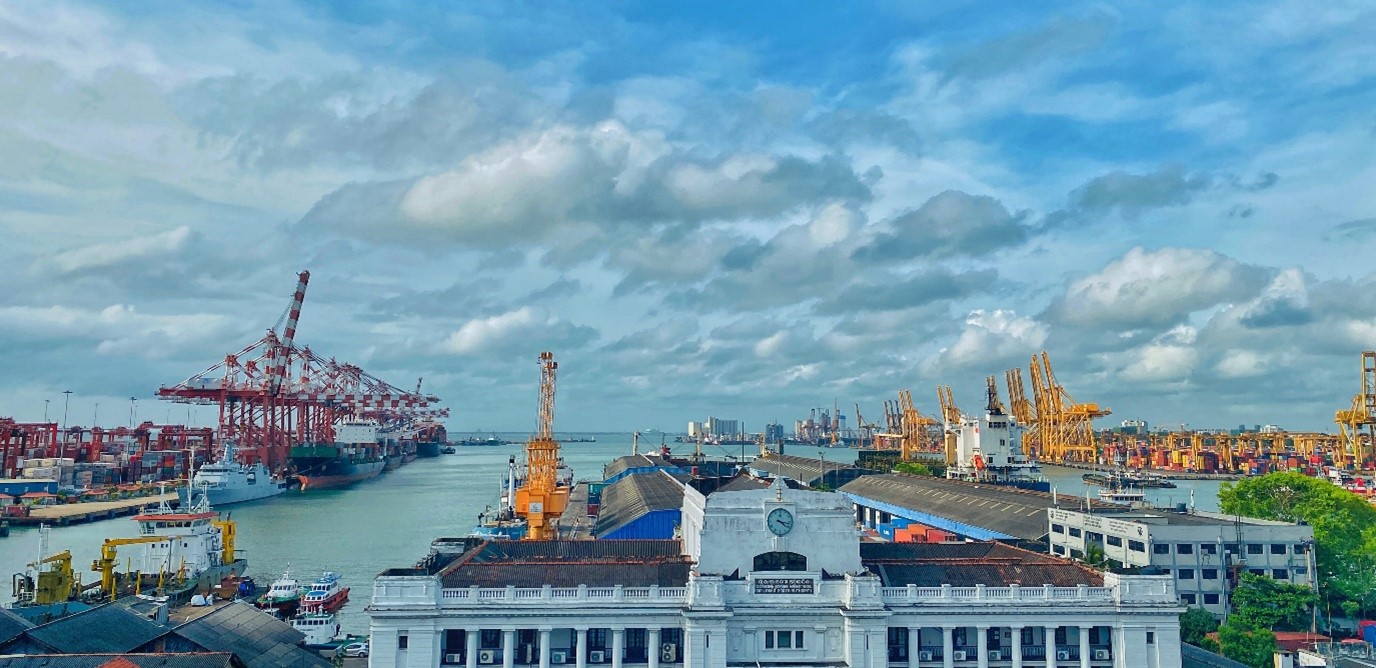October 16, 2025 [Reuters]- Federal regulators on Thursday approved a request from Venture Global for more time to keep its Plaquemines LNG plant in Louisiana in a commissioning stage before declaring the start of full commercial operations, a regulatory filing showed.
Extending the commissioning phase allows Venture Global to sell the liquefied natural gas on the spot market at higher prices than under long-term contracts that apply during full operations.
The Federal Energy Regulatory Commission said that while two of Venture Global’s long-term customers for the facility – Chevronand Orlen– asked to provide input, neither raised an objection to the extension request.
An arbitration tribunal found last week that Venture Global breached an agreement with BPto declare timely commercial operations at its separate Calcasieu Pass plant in Louisiana. The LNG producer’s shares have declined 36% over the past month amid the ruling and lower realized liquefaction fees in the second quarter.
“As we stated previously, this in-service extension request is a standard procedural step,” Venture Global said on Thursday, adding that it was unrelated to its planned timing for commercial deliveries.
FERC has previously granted similar requests from other project developers.
Venture Global asked FERC last month to give it until December 31, 2027 to keep the Plaquemines plant in a commissioning, citing issues including challenges that first originated during the COVID pandemic. The original deadline for putting the 27.2 million metric tons per annum export facility into full service was September 30, 2026.
Plaquemines LNG has been planning to place all its Phase 1 facilities in service during the fourth quarter of 2026, and the remaining Phase 2 facilities in-service by mid-2027.
Plaquemines is the second largest LNG facility in the U.S. and last month was responsible for nearly 16% of total exports of the superchilled gas from the country.
Venture Global has typically used a strategy that involves building its plants quickly to sell commissioning cargoes at higher prices on the spot market for a time before formal commercial operations kick off with lower, longer-term pricing.





